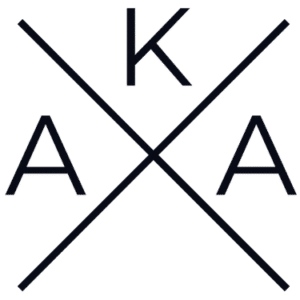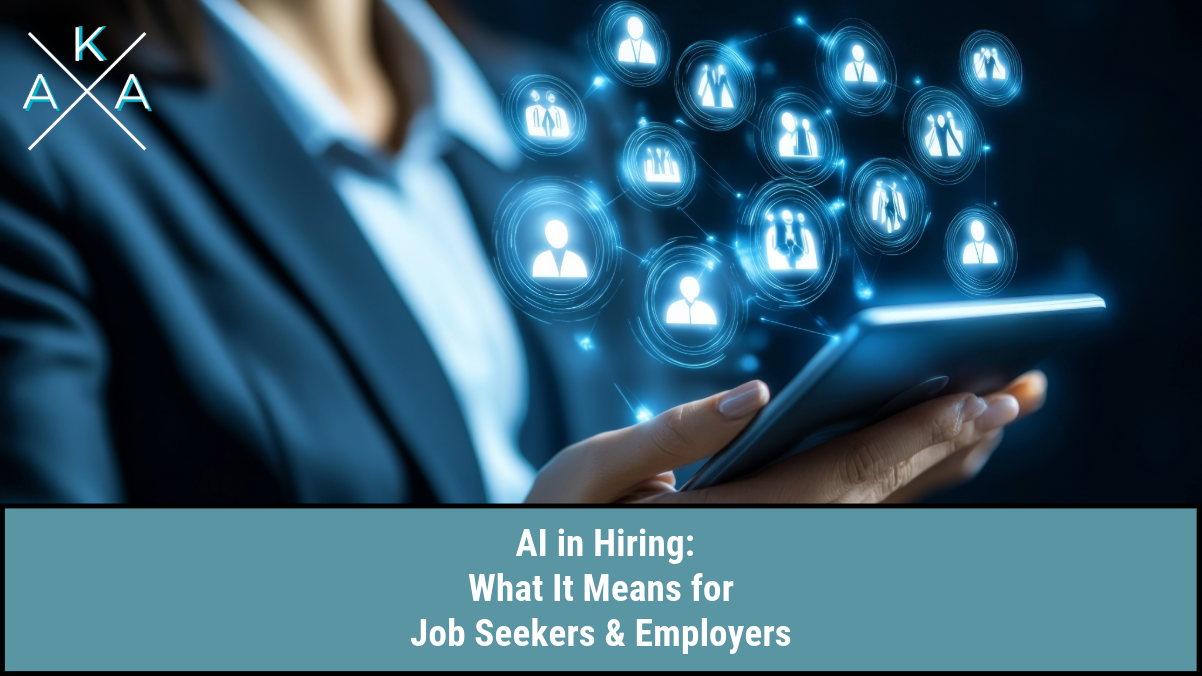Artificial Intelligence (AI) is changing how companies find and hire talent, transforming the entire hiring process from resume screening to interview scheduling. AI isn’t just a futuristic concept anymore—it’s already here, quietly influencing the job market. Both small businesses and large corporations are adopting AI tools to improve efficiency, and as a result, candidates and employers alike must understand how AI shapes the hiring experience.
How AI is Being Used in the Hiring Process
AI tools help recruiters by scanning resumes, ranking candidates, and even conducting initial video interviews. These systems can quickly analyze large volumes of applications to find those that match specific job requirements. This saves time and ensures that no qualified candidate gets overlooked due to human error or bias.
Many companies now rely on AI to create shortlists, which means the first review of your application might not involve a human at all.
Additionally, AI chatbots are now answering applicant questions, scheduling interviews, and helping keep the process moving. Some advanced systems even evaluate facial expressions, tone, and language use during pre-recorded interviews. This allows recruiters to spend more time with top candidates instead of screening dozens manually.
As the technology improves, more companies are expected to adopt it in different parts of their hiring workflows.
- Resume optimization: Tailoring your resume for keywords helps AI systems match you to the role.
- Faster screening: Employers can filter hundreds of applications in minutes.
Benefits of AI for Employers
AI helps employers reduce time-to-hire by automating repetitive tasks and focusing only on qualified candidates. It minimizes human bias during the screening phase, offering a more objective view of an applicant’s qualifications. This makes it easier for hiring teams to focus on cultural fit and soft skills later in the process.
Employers also gain better data insights from AI, which helps improve future hiring strategies.
AI can also improve the candidate experience by reducing delays and improving communication. Tools like automated emails and chatbots make the application process smoother and more transparent. Plus, predictive analytics can help identify who is most likely to succeed in the role.
Ultimately, AI allows companies to hire smarter and build stronger teams.
- Reduced hiring costs: Automation helps employers save time and money.
- Predictive analytics: AI can forecast a candidate’s success in a given role.
Challenges AI Brings to Job Seekers
One of the biggest challenges for job seekers is getting past AI resume filters. If your resume doesn’t include the right keywords or formatting, it might be rejected before a human ever sees it. This means even highly qualified candidates can be overlooked.
Understanding how AI reads applications is now just as important as having the right experience.
Some job seekers also worry about fairness and transparency. AI decisions can feel mysterious, and not all systems are free from bias. It’s crucial to prepare for AI-based interviews and stay updated on how employers are using these tools.
Candidates must now treat their job search like a strategic game—with research and customization as the keys to success.
- Tailored resumes: Generic applications are less likely to pass AI filters.
- Knowledge gap: Many candidates are unaware of how AI evaluates them.
The Future of AI in Hiring
AI will likely become more advanced, blending seamlessly with human decision-making rather than replacing it. Companies are already exploring hybrid hiring models where AI handles the early stages and recruiters focus on building relationships. This approach maintains efficiency while keeping the human touch in hiring.
As AI evolves, it’s expected to better understand nuance and reduce false negatives in candidate screening.
Job seekers can expect more AI-powered assessments, simulations, and even gamified evaluations. On the flip side, employers will have more tools to understand candidate behaviors and potential. It’s a shift that rewards adaptability, tech-savviness, and continuous learning.
Those who stay informed and proactive will be best positioned for success in the AI-driven job market.
- Hybrid hiring: Human recruiters will still make final decisions, supported by AI.
- Continued innovation: AI will evolve to offer more nuanced candidate insights.
Conclusion
AI is rapidly reshaping the hiring landscape for both employers and job seekers. It brings increased efficiency, faster decision-making, and the ability to analyze large amounts of data with ease. However, it also requires job seekers to adapt, learn how these systems work, and tailor their applications accordingly. As AI continues to evolve, understanding its role in hiring becomes essential for anyone navigating today’s job market.
For employers, combining AI with human expertise leads to more effective hiring outcomes. At AKA Search Group, we understand the balance between smart technology and human connection—and we use both to find the best-fit candidates for our clients. While AI helps streamline the process, it’s our personalized approach that ensures long-term success. Embracing innovation without losing the human touch is the future of hiring.


